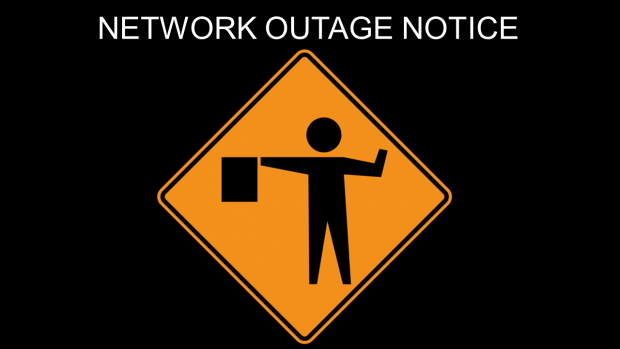|
The Sun (EUV) 
|
Coronal Mass Ejections 
|
The Aurora 
|
|
GOES X-Ray Flux |
GOES Proton Flux |
Updated Time:
|


